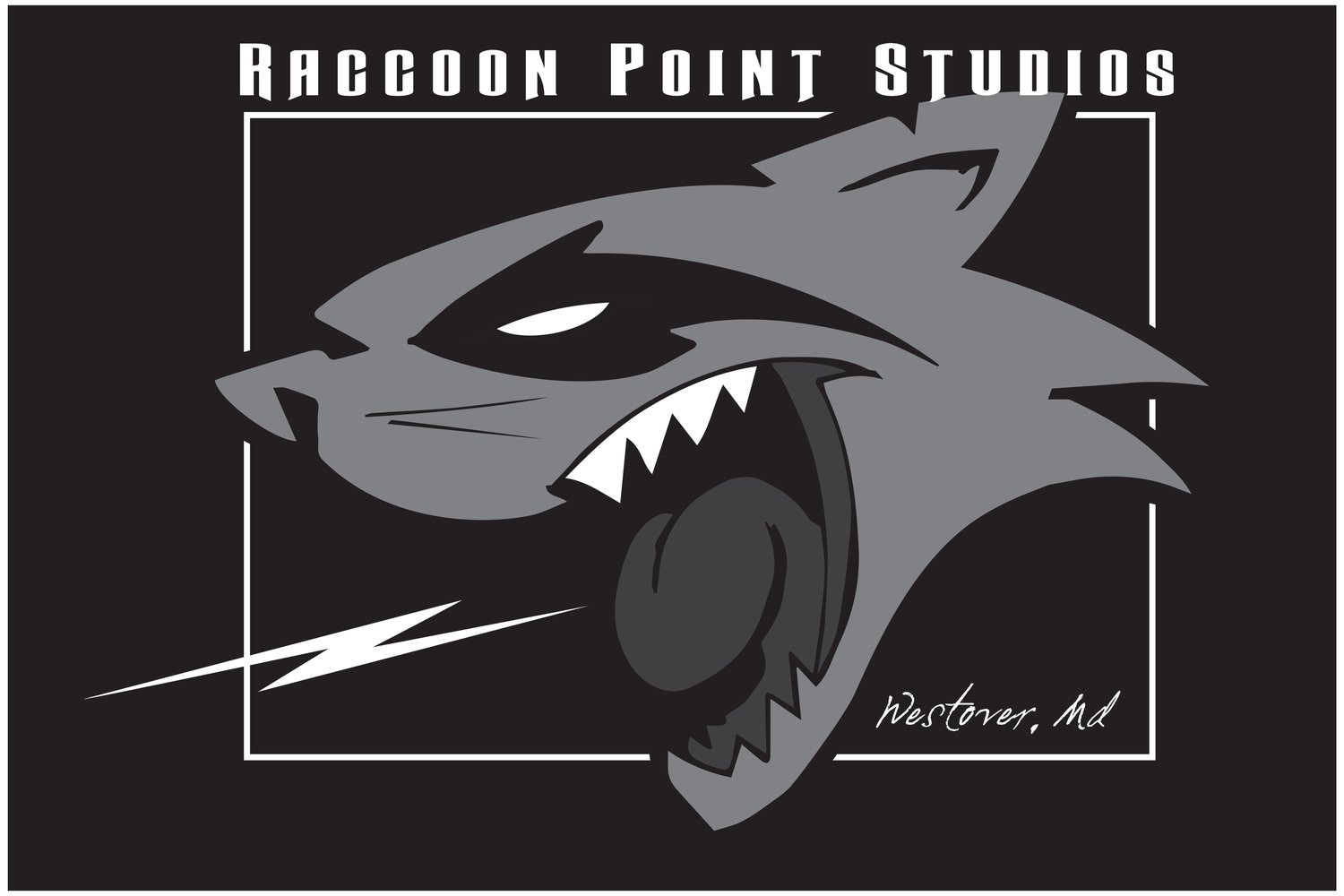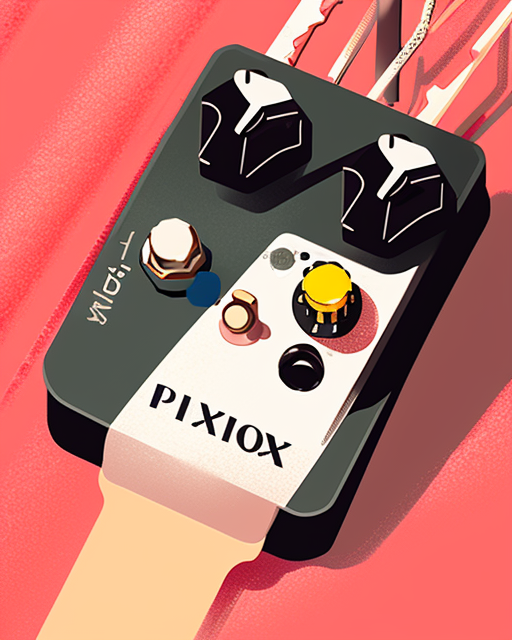Music Production with Guitar Pedals- A Beginner's Guide
Guitar pedals are a great way to add creativity and variety to your music production. With a wide variety of pedals available, there is something for everyone, from beginners to experienced producers.
In this blog post, we will provide a beginner's guide to music production with guitar pedals. We will cover the basics of how pedals work, the different types of pedals available, and how to choose the right pedals for your needs.
How Guitar Pedals Work
Guitar pedals are essentially small electronic devices that modify the sound of your guitar. They can do this in a variety of ways, such as adding distortion, reverb, or delay.
Pedals work by taking the signal from your guitar and running it through a circuit of electronic components. These components can be used to change the amplitude (volume), frequency (tone), or phase (time) of the signal.
The different types of pedals available each have their own unique effect on the sound of your guitar. Some of the most common types of pedals include:
Distortion pedals add grit and edge to your sound. They are often used to create a heavy rock or metal sound.
Overdrive pedals add warmth and saturation to your sound. They are often used to create a bluesy or classic rock sound.
Fuzz pedals add extreme distortion to your sound. They are often used to create a psychedelic or experimental sound.
Wah-wah pedals allow you to control the frequency of your sound with your foot. They are often used to create a funky or soulful sound.
Chorus pedals add a doubling or chorusing effect to your sound. They are often used to create a lush or atmospheric sound.
Flanger pedals add a sweeping or flanging effect to your sound. They are often used to create a sci-fi or spacey sound.
Phaser pedals add a phasing effect to your sound. They are often used to create a swirling or psychedelic sound.
Reverb pedals add echo and ambience to your sound. They are often used to create a large or spacious sound.
Delay pedals add repeats to your sound. They are often used to create a rhythmic or ambient sound.
Choosing the Right Pedals for Your Needs
When choosing guitar pedals for music production, it is important to consider the following factors:
Your genre of music: Different genres of music require different types of pedals. For example, if you are a rock guitarist, you will need different pedals than a jazz guitarist.
Your budget: Guitar pedals can range in price from a few dollars to a few hundred dollars. It is important to set a budget before you start shopping.
Your experience level: If you are a beginner, it is best to start with a few basic pedals. Once you get more experience, you can start experimenting with more advanced pedals.
Once you have considered these factors, you can start shopping for guitar pedals. There are many great brands of pedals available, so you are sure to find something that fits your needs and budget.
Using Guitar Pedals in Music Production
Once you have chosen your guitar pedals, you can start using them in music production. Here are a few tips for using guitar pedals in music production:
Experiment: The best way to learn how to use guitar pedals is to experiment. Try different pedals with different settings and see what sounds good to you.
Start with the basics: If you are a beginner, it is best to start with the basics. Learn how to use a few basic pedals, such as a distortion pedal and a reverb pedal.
Add layers: Once you have mastered the basics, you can start adding layers of pedals to your sound. This can create a more complex and interesting sound.
Use your ears: The most important thing is to use your ears. Listen to what sounds good to you and don't be afraid to experiment.
With a little practice, you will be able to use guitar pedals to create amazing sounds in your music production.
Guitar pedals are a great way to add creativity and variety to your music production. With a wide variety of pedals available, there is something for everyone, from beginners to experienced producers.
Search for Used Gear Here: https://reverb.partnerlinks.io/6whxi3lh183f
Take a look at our Reverb Shop here: https://reverb.com/shop/rpmusic
Hey, we’re RPMusic Studios, a real-life Recording Studio on the beautiful Eastern Shore of Maryland. We love our recording studio, YouTube Channel, and Blog, and we hope you do too. If you enjoyed this post, don’t forget to SUBSCRIBE below. Want to learn some awesome recording tips? Grab your FREE GUIDE here. And feel free to visit our website, follow us on social media, and drop us a line anytime. We’d love to hear from you! 🎸
If you think someone will like what we do please forward!
BLOG Disclaimer: These are affiliate links, which means we receive a commission if you click on them and make a purchase. This is at no additional cost to you and it helps us fund our business and bring you more helpful content. We only recommend products that we believe in. Thank you for your support!





